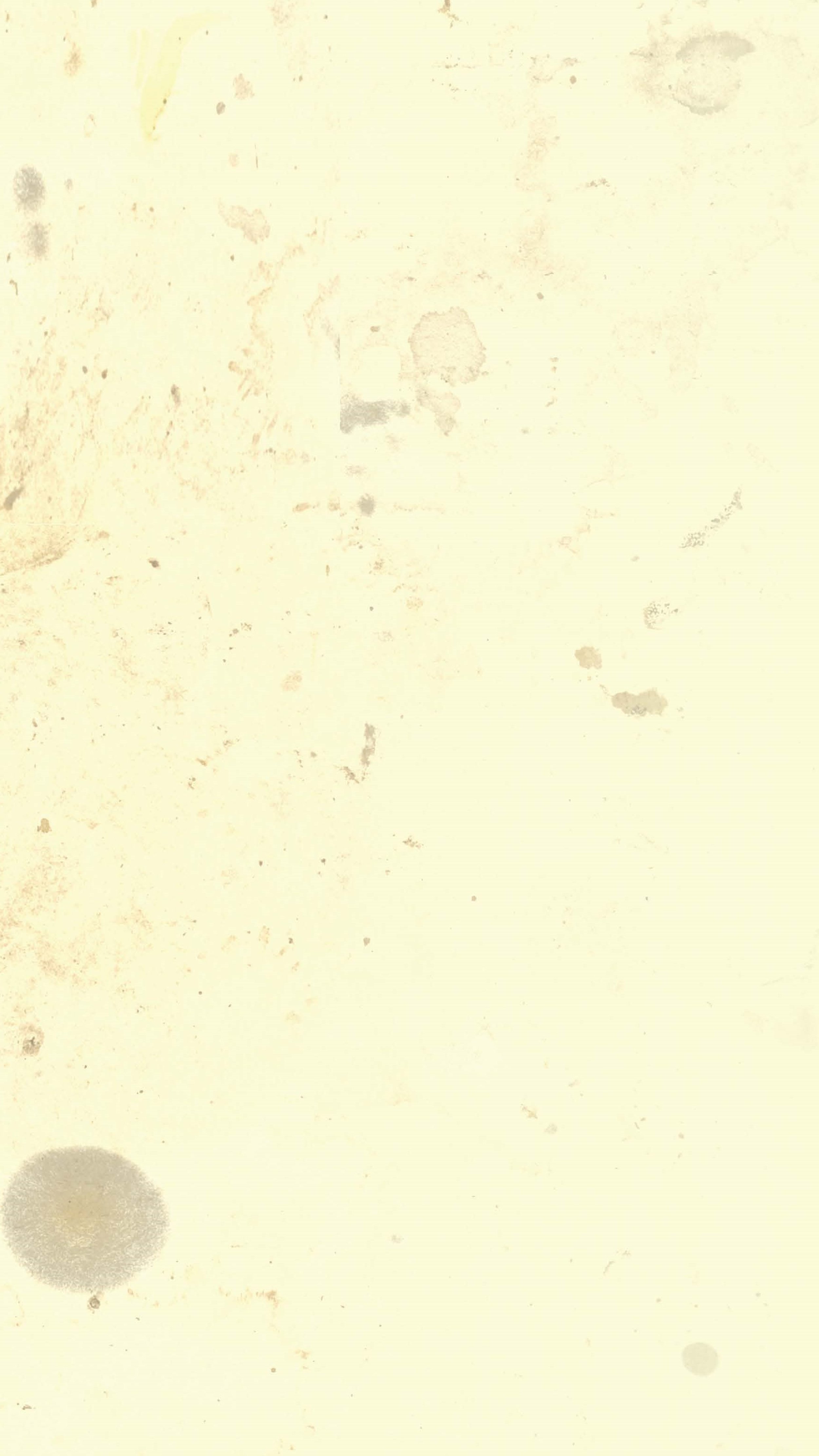
Selections from FM GALICIA
04.12
The arrival of the concept of what in Ukraine they now call by the English word “second-hand”—the market for used clothes—can be considered to be one of the most important events in recent years. It greatly affected our daily lives. Let’s recall Soviet times, when clothing was rather expensive and most fellow citizens wore sad, identical suits, coats, jackets and hats. Because of this, our people were recognizable throughout the world in the way that Indians or Africans are when they wear their national costumes. Second-hand provided two or three major possibilities—to have lots of affordable clothes, to have everyone dressed differently, and, most importantly, to find something that fit you well.
But there is a great danger hidden within it. Because we know that clothing, more than anything else, accumulates the energy of its owner. Thus, every one of us, by donning something worn by the anonymous, takes on the remnants of something good or bad, calm or nervous, happy or tragic. It is not possible to ever deduce which it is; it is not possible to determine it in any manner. The grand circulation of the clothing spirits is like the massive spreading of various viruses that enter genetic codes, seeping into them, snatching for themselves something from the previous master, and then inhabiting the next person with all of this.
I thought of these things when I got dressed this morning—there was not one single thing that I myself had purchased. Everything had been given to me, everything was someone else’s, everything with traces of someone else’s life. A jacket given as a gift, which had been purchased at a Prague store stocked with goods hailing from various ‘colonies.’ A sweater that earlier had belonged to a famous avant-garde actress from a German youth theater. A shirt previously worn by a Kurdish freedom fighter who was also a Lviv University student. An absurd pair of pants, wide at the waist and of a stupid color, presented to me as a sign of recognition by the Maltese Order. A belt given to me by grandpa on the day I turned seven, and on which I have noted every new place where I have been. Complimentary socks obtained by an actual German count when he flew on Lufthansa Airlines. Army boots that had taken part in the storming of the palace of the President of Georgia, Zviad Gamsakhurdia, [1] Also—an earring given to me as a present, a silver ring, a watch, a knife. A Franciscan cross brought from Assisi. I did not choose any of these things myself. They came to me from various parts and they brought with them fragments of the lives and fates of others. But my advantage over the second-hand is that I know what to expect from each of these things.
Notes
[1] Zviad Gamsakhurdia (1939-1993) was the first democratically elected president of post-Soviet Georgia. He was overthrown in a coup d’état launched in December 1991.
Translated by Mark Andryczyk
